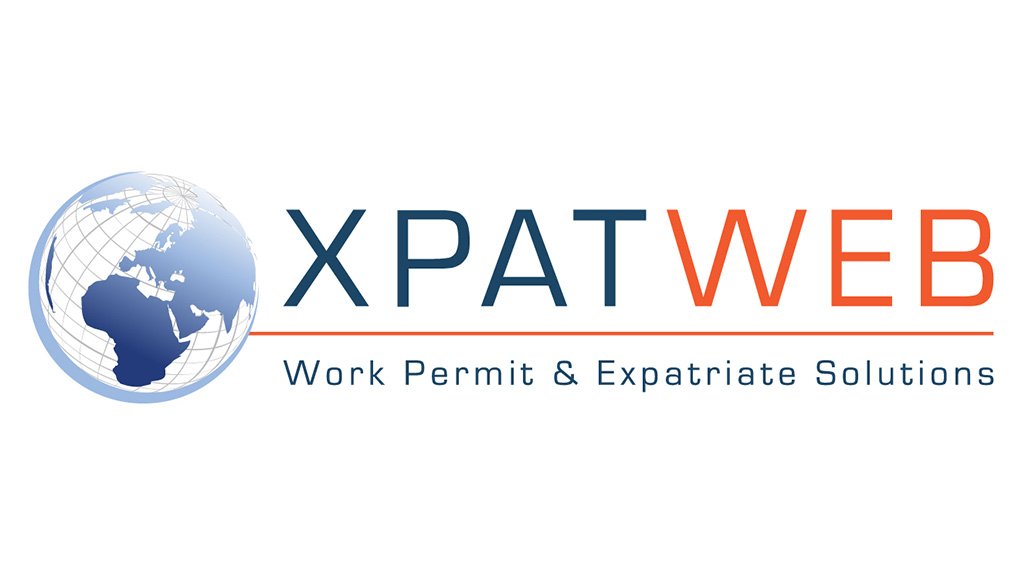Will President Cyril Ramaphosa’s SoNA announcement on reforms to attract foreign talent really benefit South African critical skills employers?
“We certainly welcome these initiatives as a win for organisations that are desperate to acquire scarce skills that are not available locally,” says Marisa Jacobs, Managing Director at Xpatweb.
However, she warns that any advantage to be gained will depend on how well the proposals are implemented, how soon and if the current visa system can support them. “Whatever the improvements we can hope for, employers need them yesterday,” she says.
Xpatweb’s respected annual Critical Skills Survey has been running for the last 5 years and consistently indicates that over 80 percent of businesses struggle to recruit skilled talent locally. So, the only way to satisfy their operational needs is to source it internationally.
The proposals put forward by the President include:
A more flexible points-based system to attract skilled immigrants
Several other countries, notably Canada and Australia, use a points-based system that assigns points to selected criteria, such as education level, years of experience, wealth, etc. If the accumulated points pass a minimum threshold, a candidate qualifies to enter the country.
“We currently have fairly rigorous requirements to bring skills into South Africa, so a ‘more flexible’ system suggests that certain of these will be eased to speed up the entry of suitably qualified candidates,” says Jacobs.
A trusted employer scheme to make the visa process easier for large investors
The Department of Home Affairs (DHA) already launched its Corporate Accounts Unit in 2014, dedicated to servicing corporates and multinationals based in South Africa.
“This certainly seems like an extension of that function to make it easier for these companies who need to bring in skills regularly and on an ongoing basis, so it is an extremely good development,” says Jacobs.
The streamlining of application requirements
It is on this point that Jacobs becomes less positive about the realities of these changes. “While the initiatives are to be applauded, their efficacy hangs on good implementation,” says Jacobs.
She highlights the backlog from the failed Central Adjudication system last year, leaving a large number of expatriates still waiting to be issued their visas.
In addition, Jacobs reports a tightening of the immigration regime over the last 12 months that has made it much harder to secure a work visa and that it takes much longer now for applications to be processed. She also sees the highest rejection rate in the last 15 years, often for arbitrary reasons.
“To provide the greatest benefit, the government must ensure there is an underlying system that aligns with and supports these proposals,” says Jacobs.
The introduction of a remote worker visa
Remote visas are a rapidly growing trend and are being introduced by many countries around the world. Apart from attracting the foreign income of digital nomads, the visa could serve as an incentive to foreign candidates whose spouse wishes to continue working remotely for their overseas employer.
“After COVID, we saw a massive increase in remote working and still deal with this daily as a consulting business, and we foresee this visa being immensely popular for the foreseeable future,” says Jacobs.
A special dispensation for high-growth start-ups
This proposal is very vague. It may refer to easing restrictions on business visa applicants or local employers importing foreign skills. This is provided, in either case, the intended business is a start-up and promises high-growth potential within South Africa.
“These kinds of applications must always be accompanied by a fact-based business plan, but we must also consider that the government will focus on the classes of business that promise greater economic growth and employment opportunities to locals,” says Jacobs.
Tentatively optimistic
For the most part, Jacobs is tentatively optimistic that, provided they are implemented correctly, the announced initiatives can bring welcome relief to employers hard-pressed to source critical skills.
Although this is a huge step forward for these employers, Xpatweb acknowledges the hurdles that still need to be overcome in this space.
“We will continue to act as an ambassador of the critical skills community, using our research and the results of our Critical Skills Survey to promote meaningful change with policymakers,” says Jacobs.
EMAIL THIS ARTICLE SAVE THIS ARTICLE ARTICLE ENQUIRY
To subscribe email subscriptions@creamermedia.co.za or click here
To advertise email advertising@creamermedia.co.za or click here











